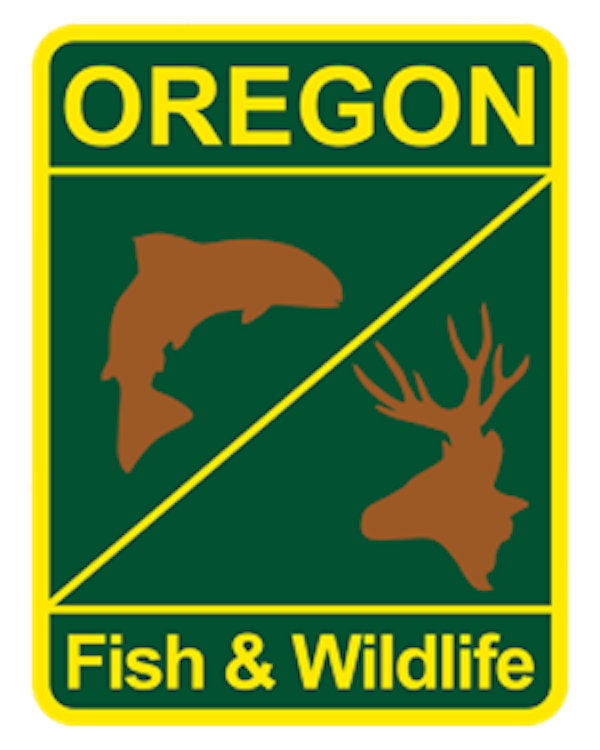Fish Report
Anglers have reported catching lots of small Chinook salmon in pursuit of kokanee and trout
by OR Department of Fish & Wildlife Staff
5-5-2022
Website
The reservoir is stocked regularly in the spring and summer with tens of thousands of one-pound hatchery trout. It was stocked most recently last week with about 4,000 trout. Storage season ended in February and the reservoir is filling well. It seems the reservoir fill up completely by the time summer rolls around and the various campsites open. The main boat ramp, Mongold, is currently available, as is Kane’s Marina and boat ramp G at Detroit Lake State Park.
For the latest information on water levels at Detroit Reservoir check with the Army Corps of Engineers’ website for more information.
Detroit Reservoir is one of the premier kokanee fisheries in the state. Pretty much all techniques will catch fish, but it might take some experimenting to find out what is most effective on the day you’re out there. You will vastly improve your chances of catching a fish if you fish early or late in the day when light-levels are low and fish are less wary.
Here are some tips on how and where to fish for kokanee: Kokanee fishing in Oregon: 9 tips for catching kokanee.
Anglers have reported catching lots of small Chinook salmon in pursuit of kokanee and trout. Please take extra care in releasing these fish back into the water unharmed, as they are a listed species and are only in the reservoir temporarily before they migrate downstream and out to the ocean.
As a reminder to anglers, fishing for and harvesting Chinook in the lake and the rivers above is prohibited. Any Chinook caught in Detroit must be released unharmed.
Anglers are encouraged to report their catch on forms available at signs and kiosks which have been installed at key locations around the lake. Simply fill out the form and return in the designated drop boxes. There is also an on-line form. Remember to indicate whether the fish you catch have their adipose fin or not. This information will allow ODFW to manage the fishery for the benefit of both recreational anglers and the resource.

